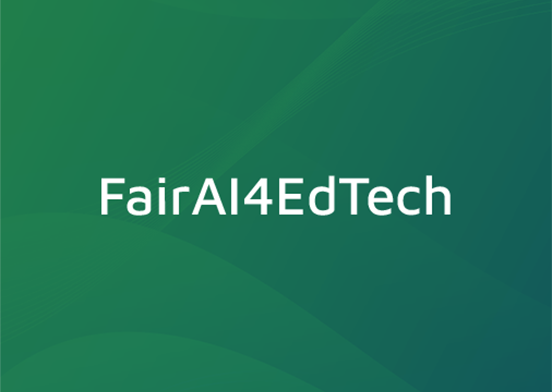About
Artificial Intelligence (AI) is now an integral part of our daily lives, influencing our online searches, social media interactions, and even credit card transactions. At the Knowledge Media Institute (KMi), much of our research is dedicated to social good, particularly examining the implications of AI concerning Equity, Diversity, Inclusion and Accessibility (EDIA). This focus makes AI4EDIA – a research group that addresses EDIA-related issues – a vital theme across our diverse research efforts.
AI4EDIA aims to tackle educational awarding gaps affecting certain minorities and investigates issues such as racial bias in AI and machine learning systems. We recognise that AI has the potential to be a force for good; for instance, OU Analyse employs machine learning to identify students at risk of failing. However, given the widespread use of this technology, it is crucial to understand its potential positive and negative impacts on all users. Within AI4EDIA, we will address EDI-related issues in AI research and innovation, particularly how AI can help mitigate challenges such as the awarding gap for Black students and biases present in data and decision-making processes. Here, we present the activities, outcomes, and impacts of our research in AI4EDIA, serving as a central focus for this critical theme.










